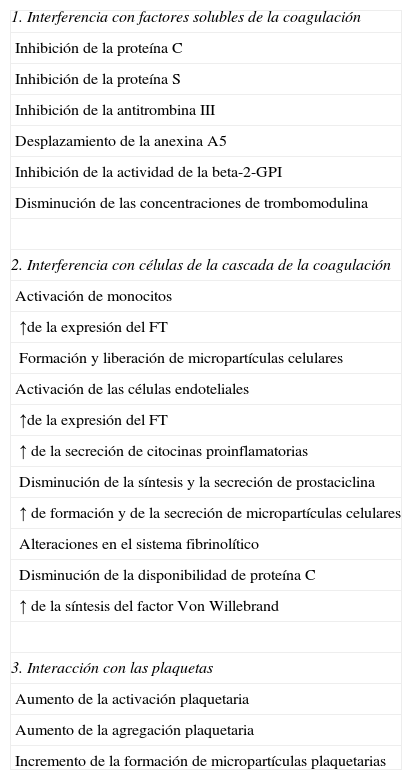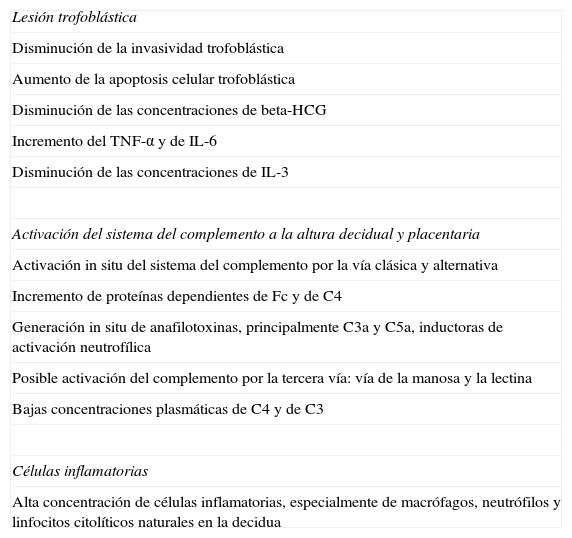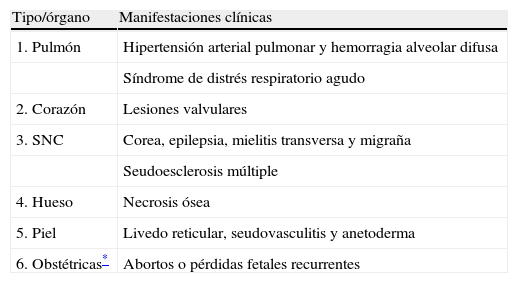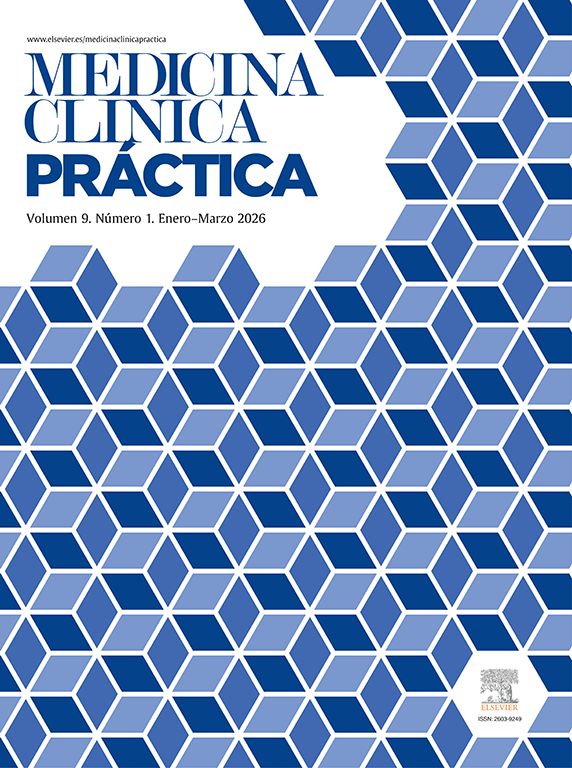Los abortos o las pérdidas fetales recurrentes son las complicaciones obstétricas más frecuentes en el síndrome antifosfolipídico (SAF) obstétrico. Clásicamente, se han atribuido a trombosis y a infartos placentarios. Pero no siempre se observan signos de vasculopatía placentaria y, en ocasiones, sí se observan signos de inflamación decidual. Además, las pacientes con SAF obstétrico tienen una baja prevalencia de trombosis sistémica. Algunas pacientes con SAF obstétrico tienen valores séricos bajos de C4 y C3. Los modelos animales demuestran que complejos beta-2-glucoproteína I y anti-beta-2- glucoproteína I activan el sistema del complemento, tanto por la vía clásica como por la vía alternativa. Esta activación puede lesionar la célula trofoblástica así como activar a monocitos y a neutrófilos, que liberarían enzimas proteolíticas a nivel trofobástico. Además, habría un asa amplificadora entre el factor tisular, las células inflamatorias y el sistema del complemento, que explicaría tanto las alteraciones trombofílicas como las alteraciones inflamatorias. Por último, queda por dilucidar el papel de las citocinas proinflamatorias, en especial el factor de necrosis tumoral α en este bucle de inflamación e hipercoagulabilidad.
Pregnancy losses are the main obstetrical complications of the obstetric antiphospholipid syndrome (obstetric-APS). Classically, they have been strongly attributed to thrombosis and further placental infarcts. But in some cases is not possible to show evidence of decidual thrombosis or placental vasculopathy, and sometimes inflammatory signs are present. Besides, the prevalence of systemic thrombosis is low in obstetric APS patients. Some cases have low plasma C4/C3 levels. Animal models show a local inflammatory mechanism. The β2-glycoprotein-I/anti-β2-glycoprotein-I complexes activate both, classical and alternative complement pathways. Complement proteins may injure trophoblast cells, recruiting and activating monocytes and neutrophils. Free radicals and proteolytic enzymes could also attack trophoblastic cells. In addition, an amplifier loop between the tissue factor, inflammatory cells and complement proteins could exist. Overall, these diverse mechanisms may explain both, inflammatory and thrombophilic placental alterations. In the end, the role played in this binomial by certain pro-inflammatory cytokines, mainly TNF-α, remains to clarify.











